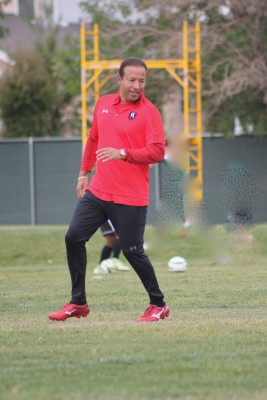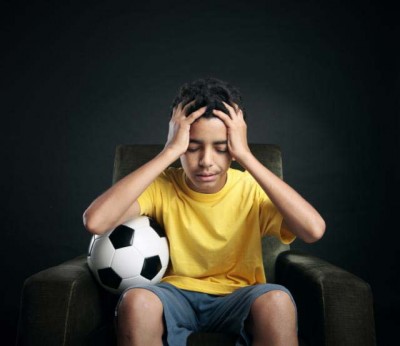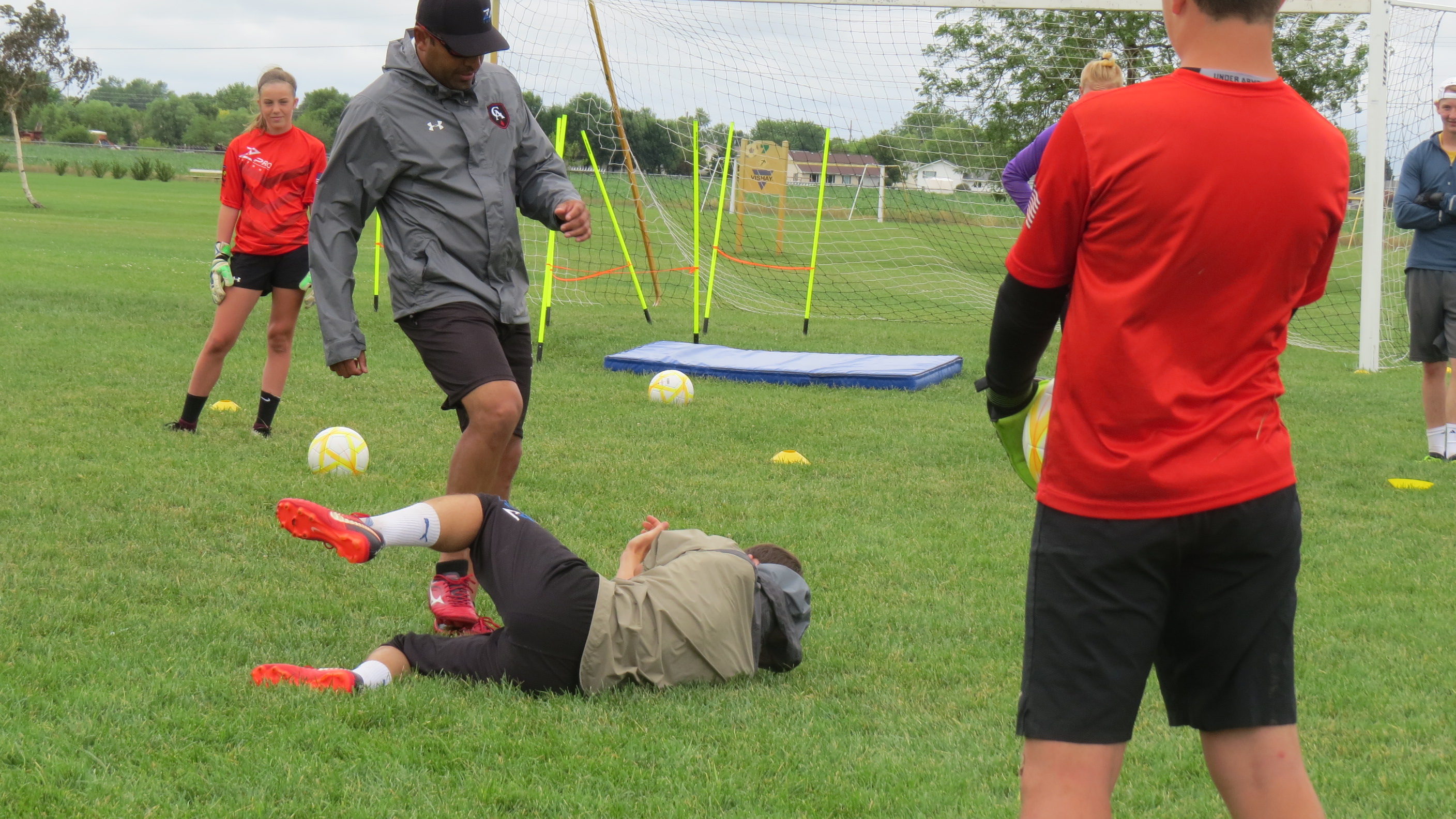
Zuriel Lozano
International Goalkeeper coach, Masters Degree in Sport & Health Science. Certified by the National Academy of Sports Medicine. Speaker, mentor & mental trainer.
If you're doing a lot, where are the results?
This blog is about the correct MINDSET for athletes who want to make improvements mentally and physically.
Have you ever experienced moments where you did a tons of stuff in a day, but feel as if you didn’t accomplish anything?. For some people this feeling can be mentally draining.
Today many athletes are doing too much. “I have to train here and there, play games and tournaments etc. In their minds, doing more is better & eventually they will see improvements.
Just because you doing tons of training and playing many games, it doesn’t mean you are actually improving!
There is a fine line between quality vs quantity. Olympic or professional athletes spend 20+ years perfecting their craft/sport.
However, these guys are mentally & physically mature to consistently put their bodies through intense or rigorous competition & training.
Most teenage athletes ,between the age of 10-18, are still developing physically and improving in their sport. For example, frequent growth spurts occur, puberty changes, drastic physical changes in girls, as well as boys. Every kid goes through different changes in different times.
A young athlete who is put through constant training & competition or kid who never stops is at higher risk of injuries & burnout.
Look for REAL improvements
How do you know if you are doing too much?. You first need to evaluate REALISTIC improvements. Next evaluate if this athlete is going through an”activity” just to “stay busy” or are they truly getting something out of this?.
I use the word REALISTIC because some people tend to think because their child is “training all the time” and playing constantly, they are actually getting better.
However, often time young athletes are not improving at all. They are just doing what they are told to complete whatever activity they are doing. In fact, sometimes these athletes are just like “frozen in time” they are not getting better nor getting worse.
Here are other signs when the young athlete may be doing too much & not improving.
- Slump in their athletic performance.
- Stagnation (not getting worse but not getting better either).
- Mental & physical exhaustion.
- Depression.
- Inconsistency.
- Always claiming they are hurt
- Emotional.
- Lack of concentration.
Sometimes side-effects of doing too much will not show until months to years later. By then young athletes are either physically hurt or mentally drained (Burnout), It is too late then.
How much time does the young athlete should train?
If you have a child who is working out several times a week and training with their team, training privately with a coach, plus gym workouts, games & tournaments etc. There should be an immediate red flag going up. This is way too much!!
It isn’t a question of how long or how much you should train. It is more about common sense and simple observations.
Again, If the athlete is doing a lot but is NOT IMPROVING or seem to be in a state of STAGNATION then it is time to evaluate this situation before is too late.
Reduce or eliminate the amount of activities.
The body requires REST to recover & heal. After a full training day & hard workout, some athletes need ONE day of rest. Others need 2-3 days, so you must find what works best for your body.
Resting is similar to a RESET button, it refreshes your mind & body
When I design goalkeepers a workout plan, rest days are essential part of the plan.
Then I tell the goalkeepers to balance their week activities between club training and their personal workouts. In other words, respect the days there is nothing on the schedule and REST. This is the only way to guarantee results & improvements.
Finally
Sometimes parents see their child doing too much and say NOTHING about it. Perhaps, they are thinking about the “college scholarship” or the Division I offer.
But if you honestly take a closer look, you can easily see if they are improving or not. It is TRUE that the more you play & the more you train the better you will get.
However, there is a limit to how much is too much. Sometimes we have to simply evaluate everything and make a healthy decision.
Professional athletes will work hard and have FULL days of training. However, they rest and take ADVANTAGE of their days off, it is a requirement. This is why they can compete at an incredible pace and perform in tough games with less mistakes
This is truly a MINDSET that is needed in all young athletes trying to reach the next level.
More to explorer
Soccer parents, are you exhausted?
You seem to be living your life according to youth club soccer. An intense emotional roller coaster is experienced by parents throughout the United States as their children progress through their youth soccer careers. You may not think so, but being a youth soccer parent is exhausting emotionally and physically. Many parents have developed serious
Who stresses more during games parents or athletes?
Nervous soccer parents

Understanding Athlete Burnout
Athlete burnout is defined by Sport Psychologists as: physical/emotional exhaustion, sport devaluation, reduced athletic performance and accomplishment”. Burnout can happen at a very young age. I have personally met many 12-year-olds who show severe signs of burnout. Unfortunately, a number of parents refuse to believe their children are too young to burn out, insisting that what their children require is
